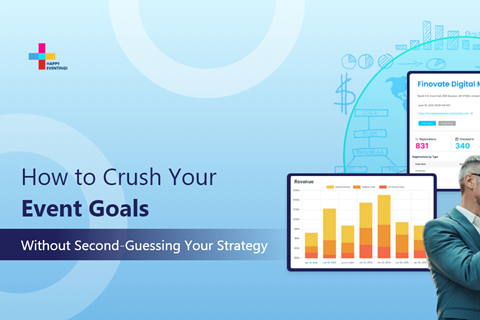

Planning is hard work and it’s easy to make a mistake that ruins your entire event.
In the process of planning an event, it’s easy to forget things that are important. Here are five things if not catered to, can make your event fail.
Rough Beginning
At the start of your event, people can easily get annoyed if lines are slow, or if registration is too stressful. The event hasn’t started yet and people are ready to leave. Make sure you have enough people to help out to avoid this problem.
No Audience
Make sure you know exactly whom you want the event to be for. What is your demographic? Does the mission of your organization match the event your planning and the people who you want to attend? What is the best way to contact your audience? Social media, snail mails?
No Access for People with Disabilities
This is probably the biggest fail that many event planners forget to take into consideration. Not only should people with disabilities be able to get into your event without a problem, they should also be able to participate and enjoy the event as everyone else.
No Technology
Do you know what kind of technology you want to have at your event? Having some sort of technological device is very important during your event. Even something as simple as having Wi-Fi can make your event better as people can post on their social media sites about how great your event is.
Same Boring Structure
Especially if you have a lot of events that a lot of the same people attend, having the same routine starts to get boring and can actually stop audiences from attending. Every new event needs to have new engagement, something that will make attendees excited about being at the event.

The economics of trade shows have shifted. Yet the ROI conversation is still murky. As trade show costs rise, budgets aren't keeping pace, creating pressure on event organizers.

If you’re an event organizer, you know the drill. Event goals often sound fantastic in the initial brainstorming session, but when it’s time for execution, they can easily collapse.

Let’s be honest: there was a time when great content and a catchy title were enough to pull in a crowd. But today, events have become a go-to marketing play, and now, everyone’s in the game.